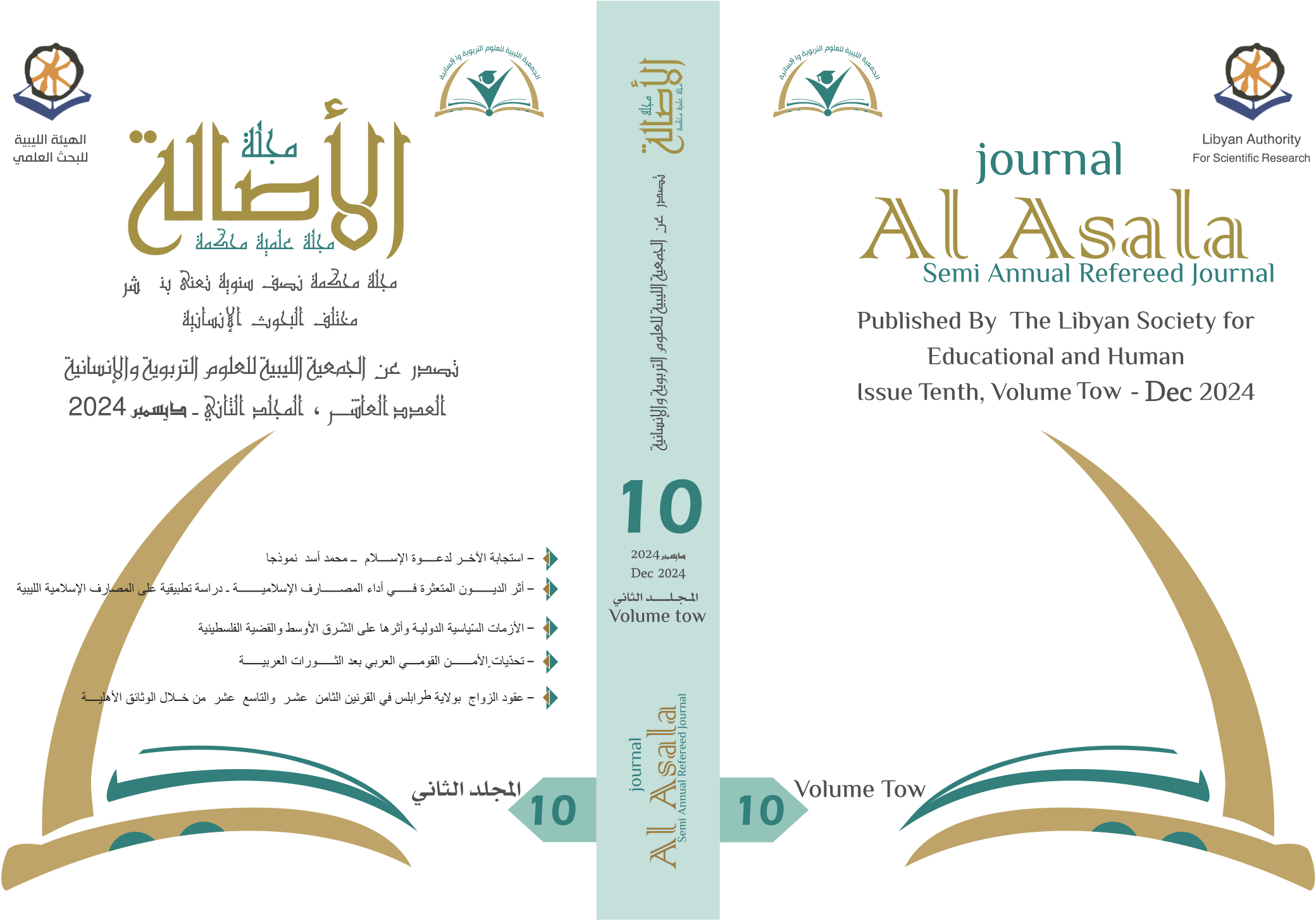Transformation of Traditional Banks to Islamic Banking
Main Article Content
Abstract
This research comes to cover an important aspect of the topic of traditional banks’ transformation into Islamic banking by highlighting its most important reasons, methods, requirements, forms, obstacles, and impacts. The research concluded with several results, including:What is meant by banking transformation is the transition of traditional banks from dealing in transactions that infringe the provisions of Islamic Sharia, such that all their activities become compatible with the Sharia after carrying out several legal, administrative and legitimate procedures and requirements. There are reasons that push traditional banks to shift towards Islamic banking, the most prominent of which is to stop practicing businesses that violate Sharia, especially usury, reducing inflation, overacted speculation and the pursuit of maximizing profits, as well as the repercussions of the global financial crisis. There are two main methods that banks follow when they intend to transform, which are total transformation or partial transformation. Finally, identifying the most important obstacles facing the process of converting traditional banks to practicing Islamic banking, including the lack of qualified personnel, banking legislation and laws, and the inability to develop and innovate banking products and services that are compatible with the provisions of Islamic Sharia. One of the most important positive effects of the transformation of traditional banks into Islamic banking is the revitalization of the intellectual movement in the field of Islamic economics, the jurisprudence of financial transactions, and the role of Sharia bodies.

